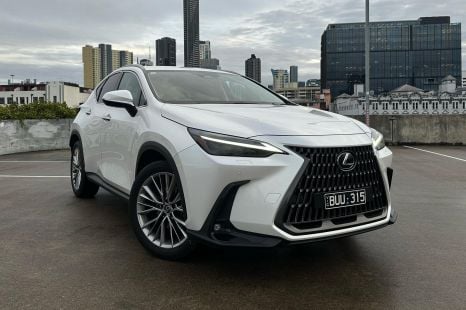

William Stopford
4 Days Ago

Senior Contributor
Hyundai says it’s excited by the opportunity to contribute to Australia’s long-awaited National Electric Vehicle Strategy – noting the constructive approach from various levels of government towards supporting an EV rollout has “caught the attention of everyone”.
The company also argued against the old trope that Australia’s lack of Europe-style EV policies, such as enforced fuel efficiency and CO2 standards, have turned the country into a “dumping ground” for inefficient cars.
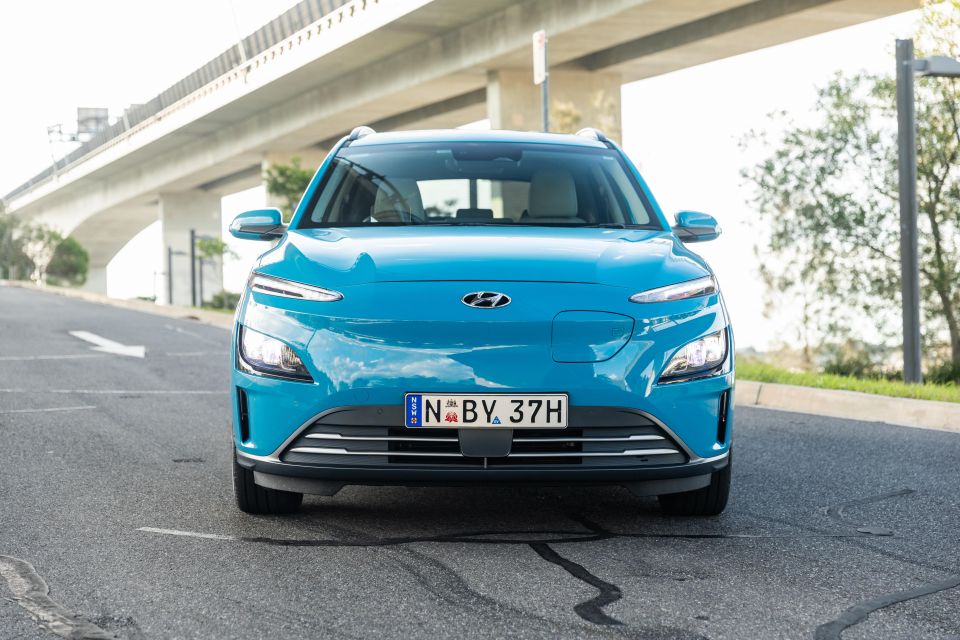
“I think the attitude change from federal government through to state governments, in terms of their belief that EVs are a part of that emissions solution, I think that change and the willingness to talk about it and incentivise it has caught the attention of everyone, and maybe broadened the appeal of EVs beyond those early adopters,” Hyundai Australia COO John Kett told CarExpert this week.
For two straight months, EVs have set new market share records, with the September figure 7.7 per cent – albeit more than 80 per cent being Teslas, with Hyundai in second. Australia’s states and territories are now offering a range of EV incentives, from direct rebates of $3000 or more through to stamp duty waivers and discounted registration fees.
Mr Kett discussed the Albanese Federal Government’s recent pledge to create a long-called-for, national EV policy designed to make EVs more affordable, and expand choice.
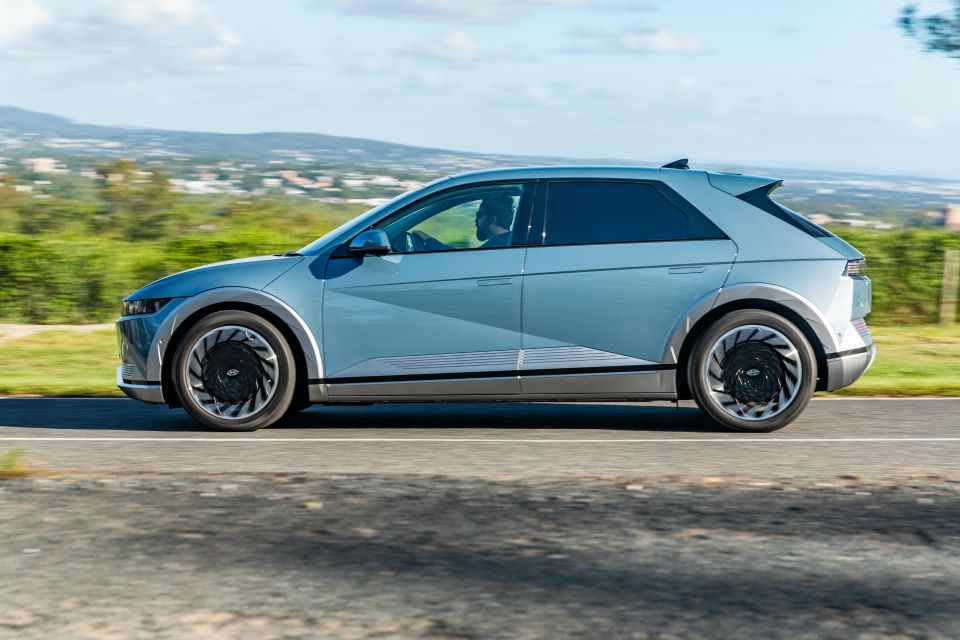
There’s a consultation paper open until October 31, which is taking submissions from industry stakeholders to help shape the resultant policy framework.
“We most certainly will be contributing [to the paper],” Mr Kett confirmed. “We’ve had a really deep look at what we think we can do relative to other countries.”
“We want to have this conversation with the government in an open forum where we can just talk our way through it, because we’re incredibly proud and excited about the conversation that they’re leading, and now they’re going to be left with the ultimate decision around where their emission curve should target,” Mr Kett added.
“So I think first and foremost, we’d be talking to them about where we see Hyundai Australia’s carbon neutrality… from products. The company’s already made a clear statement globally that by 2045 Hyundai will be carbon neutral across its [vehicle] emissions, across its manufacturing plants, and offices, and its transportation logistics.
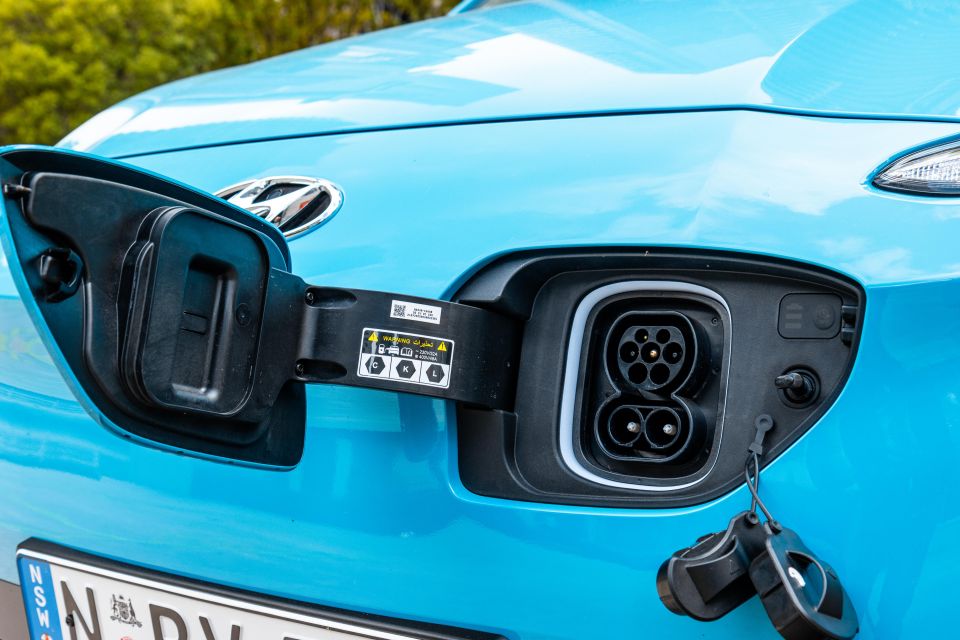
“First cab off the rank is obviously going to be Europe, followed largely by California/US, and then us, right? We can see a curve and we are going to be a part of that…
“We’ll be discussing with the government [whether] more harshness of the curve may have some implications around access to mobility and price parity for consumers that need cheaper price points for mobility in the marketplace. So you most definitely don’t want to turn off that, that’s a social issue that needs to be addressed.
“Certainly we can see the uniqueness of the pickup market in Australia and how that may be supported or at least incentivised to truly accelerate the solution around EV pickup.
“And then importantly for us, the conversation will then be around the right-hand drive implications of the technology that Hyundai globally is putting together, and how we lay that out across our brands of Hyundai and Genesis.
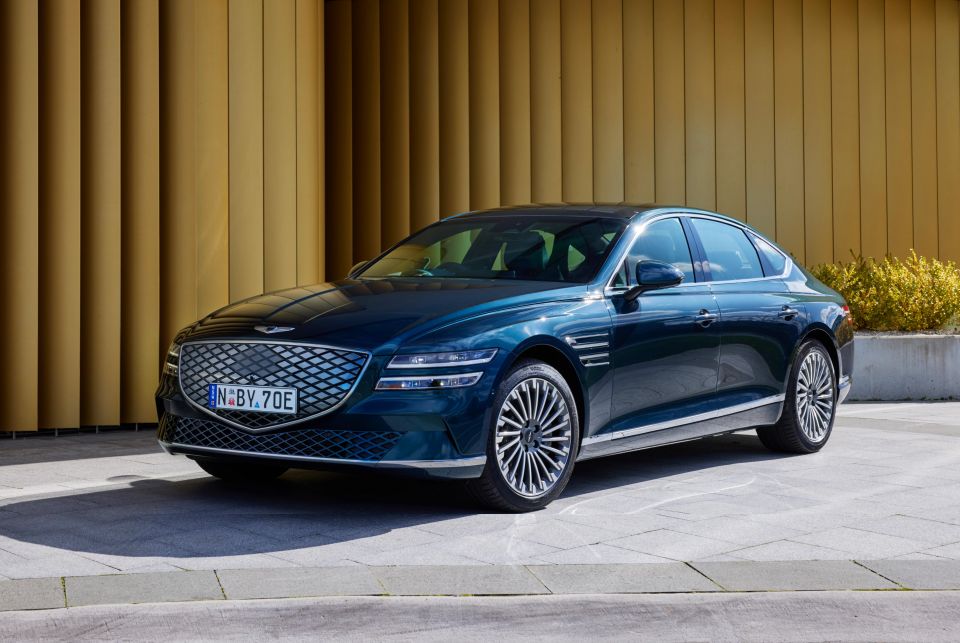
“We’re super keen on being part of the conversation. We’re positive about the way it’s being addressed, quite frankly we don’t see ourselves as a dumping ground country as some others like to say.”
Several industry stakeholders including the head of Volkswagen Group Australia Paul Sansom have told us the country risks missing out on EV supply because there are no binding fuel efficiency standards in place, meaning there’s little to force a company’s overseas headquarters to direct more low-emission products our way.
This is expected to be rectified in the National EV Policy.
“We’re all looking for clarity… and I think that definitely changes the conversation with headquarters in terms of them having to invest in incremental capacity to be able to support Australia,” Mr Kett agreed, but gave a major caveat.
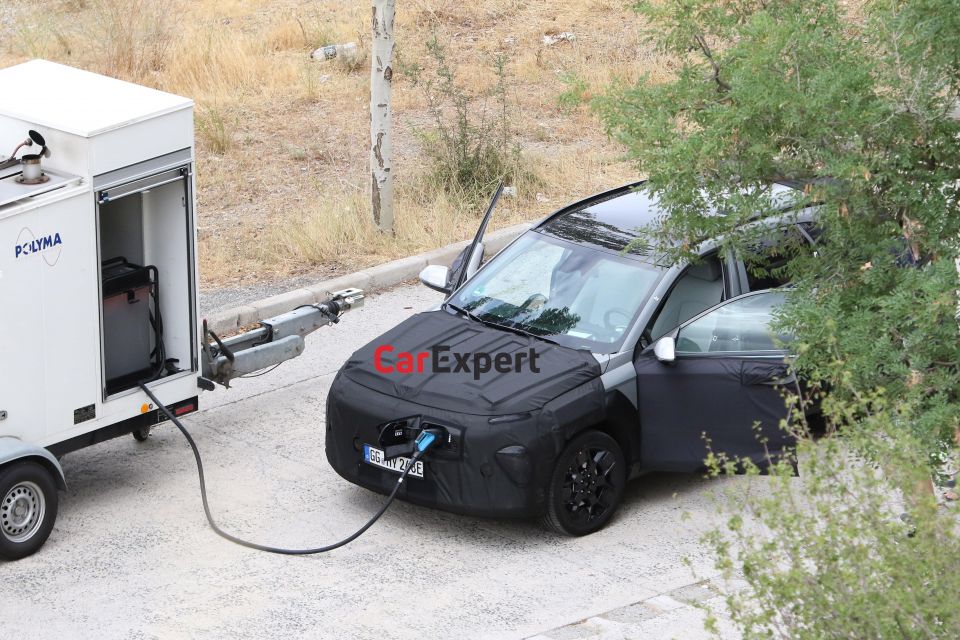
“Our access to EVs has got nothing to do with Hyundai’s reluctance to give us EVs,” he said. “It’s just the capacity of how many they can build, and largely Europe and the US are more dominant in their access to it. We get all the technology, we get it equally with any other country in the world for Hyundai, we just don’t get the scale that we’d like.
“So I think a binding agreement that then starts the conversation in Korea in terms of what are the implications of that binding agreement – does it come with some penalties, does it come with some incentives, does it come across all products [like] SUVs, passenger cars and pickups and what does that look like – I think when we see the full knowledge of that, then we can have a more constructive conversation with our headquarters.
“And what we’re excited about, is the government’s given us an opportunity to have that exact conversation with them now so we can speak through the implications on us, and talk positively about it rather than being caught up in the negativity that comes with some view that the Australian automotive industry is against the evolution of EVs.”
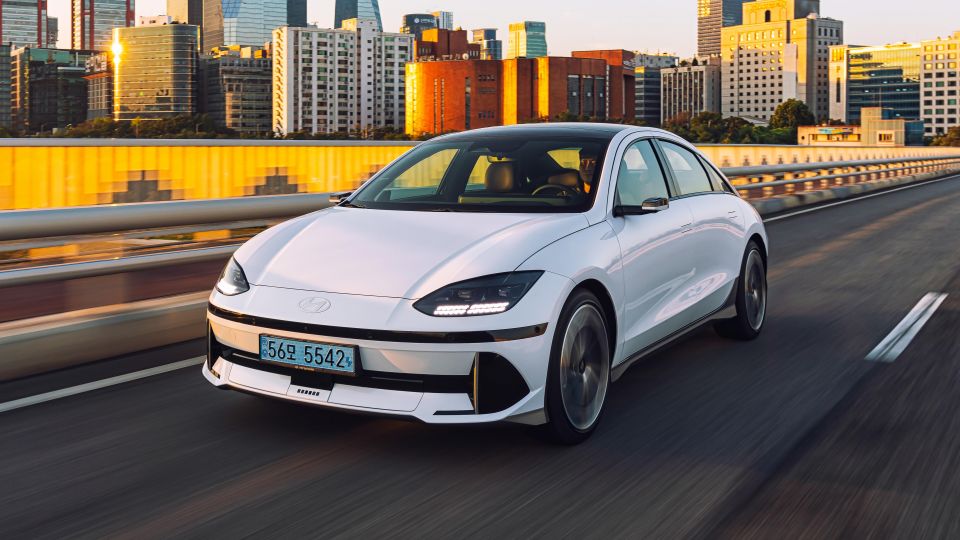
Don’t expect any EV policies to immediately open the floodgates for Hyundai EVs however.
“I can celebrate the fact the industry’s running at [just over] 2.0 per cent EVs and we are running at 4.0 per cent,” he said.
“[But] if I took a best guess next year, maybe we will be 5.0 to 6.0 [per cent] depending on supply. Supply next year will be slightly larger than this year, the penetration will be slightly more, but it most certainly won’t meet the demand that we are seeing in the marketplace for our products.”
Hyundai currently offers the Kona EV and Ioniq 5, and in early 2023 will launch the Tesla Model 3-rivalling Ioniq 6 sedan.
MORE: Dumping ground no more? Australian Government’s affordable EV push MORE: What electric car buyer incentives are offered across Australia?
Take advantage of Australia's BIGGEST new car website to find a great deal on a Hyundai.


William Stopford
4 Days Ago
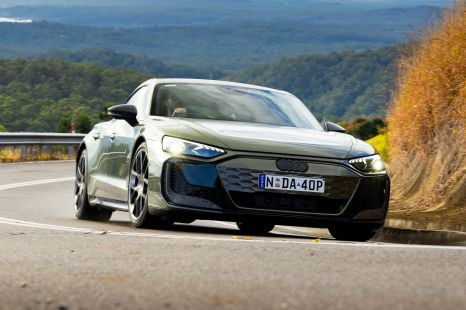

James Wong
4 Days Ago
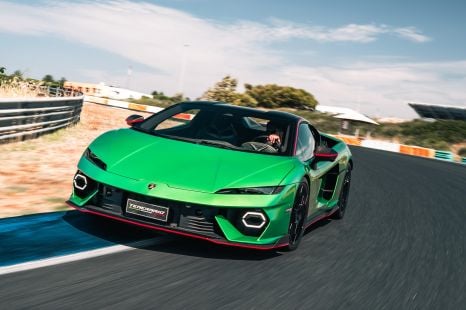

Alborz Fallah
3 Days Ago
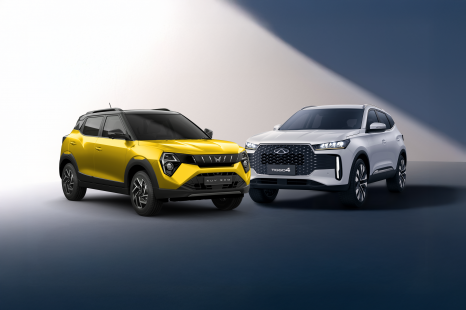

Andrew Maclean
2 Days Ago
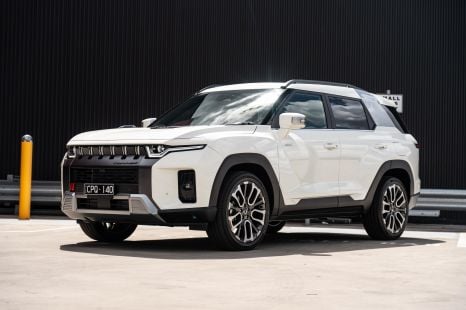

Max Davies
2 Days Ago
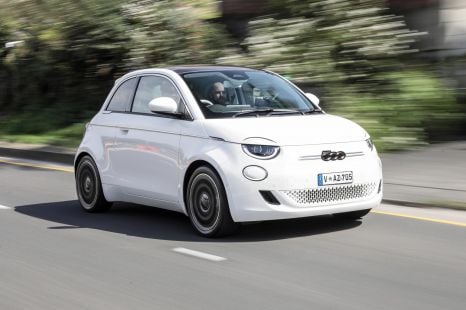

Damion Smy
2 Days Ago